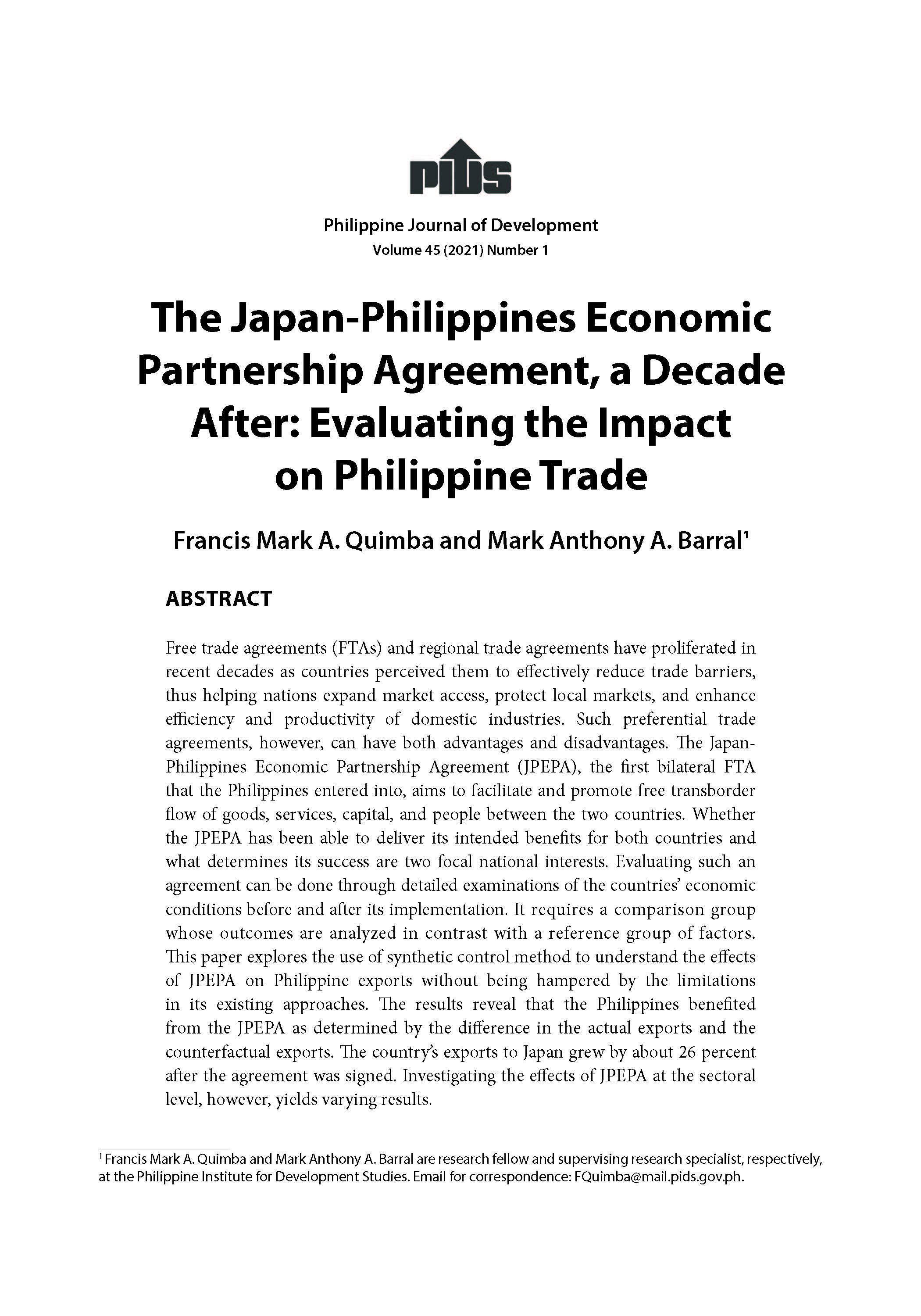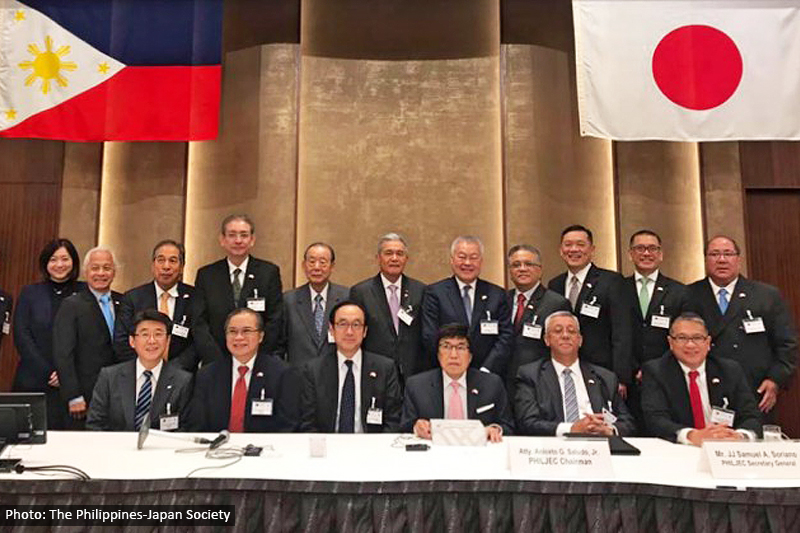The implementation of Executive Order (EO) 23 on total log ban by the previous administration has led to corruption, according to a study released by state think tank Philippine Institute for Development Studies (PIDS).
EO 23, an across-the-board ban on logging signed by former President Benigno Aquino, has failed not only to achieve its objectives of reversing the trend of deforestation in the country. It has also caused “damaging unintended economic and social consequences”, including the disruption of wood processing enterprises and the increase in corruption activities in the wood industry.
PIDS Visiting Research Fellow Vic Paqueo and Senior Research Fellow Danilo Israel, in their paper, opined that “policymakers of EO 23 and its implementation rules underestimated the power of increased corruption that the order would unleash.” In other words, the previous leadership did not foresee the creation of “lucrative opportunities and incentives” that lead to bribery and corruption among key players during the implementation of the total log ban. Paqueo and Israel emphasized that the strength of institutional capacities and law enforcement, and the incidences of corruption and collusion can be viewed through the lens of “deep-rooted social issues”. “Inequalities in land tenure, discrimination against indigenous people and their land rights, subsistence farming, and the poor and the marginalized all, too, have a stake in the design and implementation of logging-related policies,” they added.
To substantiate their claims, Paqueo and Israel summarized the key impacts of EO23 in the logging and wood industry-dependent region of CARAGA. Since its implementation, the number of wood processing enterprises in CARAGA fell from 119 in 2010 to 27 at present. There has also been a recorded increase in corruption and rent-seeking activities between government regulators and associations. The cost of fees to transport wood through checkpoints and the overloading fees at weighbridges have surged.
Concurrently, the costs of doing business have also increased. The cost of production on the side of the suppliers and the direct cost for consumers and downstream industries have made the logging and wood industry sector uncompetitive.
Corollary to that,” the authors noted, “rural livelihoods of small-scale timber production are gravely affected as they were invariably unable to comply with the required paperwork to legally operate.
More strikingly, the authors said EO 23 has “discouraged the practice of and investment in private tree planting as it may create the uncertainty that planters may not be able to harvest the trees they plant.” Inadvertently, this has resulted in a shift in the resource management of forest lands, from the practice of common integrated systems of logging to the common access mode of days bygone.
As an alternative to the current policy, the authors recommended a more holistic and realistic approach. A “sustainable, effective and economically sensible” strategy must meet the needs of both conservation efforts and the industries that rely on logging.
Paqueo and Israel recommended focusing resources on “on-site inspection activities at two sites only: at the forests to be protected and at the wood processing plants”. Outside of these, highway checkpoints should be removed from the model.
They suggested that policymakers should also “do away with registration, inventory, and permit requirements” for the harvest and transport of trees as they do more harm than good by increasing rent extraction.
The PIDS’ researchers also recommended that policymakers should look into expanding the available commercial trees and shifting the responsibility of regulation from the Department of Environment and Natural Resources (DENR) to the Department of Trade and Industry (DTI), where the economic facets will be better understood.
Most importantly, Paqueo and Israel underscore a “coalition” built on “informed ideas and enlightened self-interest” to enable the true pursuit of a “successful and sustainable development agenda
Likewise, they encouraged stakeholders from all sectors to come together and develop a comprehensive approach that safeguards their sources of livelihood from depletion and acts in the interest of all with regard to ecological conservation. (PIDS)
Imposition of Total Log Ban Led to Corruption — PIDS Study Reveals












